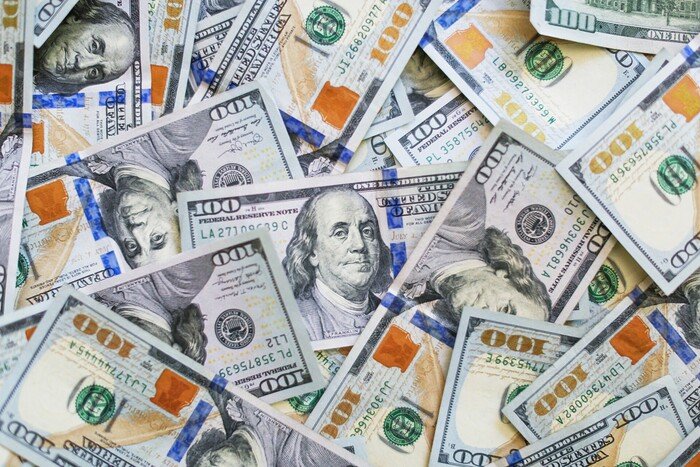According to Channel News Asia, reporting on a Reuters story the new rules requiring Indonesian natural resource exporters to keep some of their proceeds onshore could add up to USD 9-billion per month to the foreign exchange supply and strengthen the rupiah exchange rate, senior officials have said.
Under a rule that comes into force August 1, natural resource exporters must retain 30-percent of their proceeds of export shipments worth at least USD 250,000 in the domestic financial system for three months.
The regulation has been criticised by exporters who say it will disturb their cash flow, but financial authorities have defended the measure, which is designed to bolster domestic FX liquidity amid U.S. monetary tightening, say Channel News Asia.
Bank Indonesia Governor Perry Warjiyo said the amount of retained FX in the domestic financial system after the rules apply depends on exporters’ compliance. BI estimates that if 90-percent of resource exporters follow the rules, by December there will be USD 9.2-billion of additional U.S. dollar supply per month. But if only half of them do, the figure would drop to USD 5-billion.
“We’re optimistic there will be around USD 8-billion to USD 9-billion per month,” Warjiyo told a news conference.
The rules will help strengthen the rupiah exchange rate, Finance Minister Sri Mulyani Indrawati said at the same news conference.
Channel News Asia say that the rupiah so far this year has been the best performing emerging Asian currency with a nearly 3-percent gain against the U.S. dollar, but it remains sensitive to investors’ risk appetite.
Sri Mulyani said the rupiah is set to further appreciate due to easing global financial market uncertainties. “We will observe the export retention rules in the next six months and we will continue to strive to achieve our goal to increase FX reserves from our own exports without violating regional and global rules,” she said.
Indonesia is the world’s biggest exporter of thermal coal and palm oil and a major supplier of nickel, tin, rubber and coffee, among other commodities.
Source: Channel News Asia, Reuters
Photo by Giorgio Trovato on Unsplash


